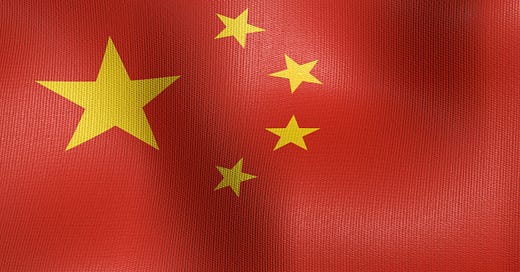“In China, because of geopolitics, the juice might not be worth the squeeze.”
To get the full picture of the geoeconomics playing out between the West and China, read the following insights from Mr. Geopolitics: China’s Dangerous Exports, New US-China Tech War, Serbia’s Risky Romance, Germany’s Dangerous Dance, and Blockading China.
More than two years ago, the US automotive brand Jeep decided to leave China.
It was a surprise move. The iconic firm, owned by Stellantis, a Dutch-headquartered business that controls various automotive giants like Chrysler, Peugeot, Maserati, and Fiat, was tired of “meddling” by local Chinese politicians. And, the conglomerate did not want to be hit by “economic sanctions” if the US-China rivalry deteriorated. So, Stellantis shut down Jeep’s only factory in the world’s largest auto market, where 30 million vehicles were sold last year.
When Jeep left China, in 2022, the pandemic was waning, and talk of “pent-up” demand driving the global economy was quickly spreading. The idea of exiting China was crazy.
Yesterday, it was crazy to leave China. Today, for Western companies, it could be crazy to stay in China.
Because, as the geopolitical climate changes, the ground underneath China is also changing. The world’s second-largest economy has become a double-edged sword, requiring companies to calculate things differently. Tapping opportunities in China now requires navigating geopolitical dangers and disruptions that come embedded in those same opportunities. By the time the geopolitics is dealt with, the opportunities might be far less attractive.
Keep reading with a 7-day free trial
Subscribe to Mr. Geopolitics to keep reading this post and get 7 days of free access to the full post archives.





